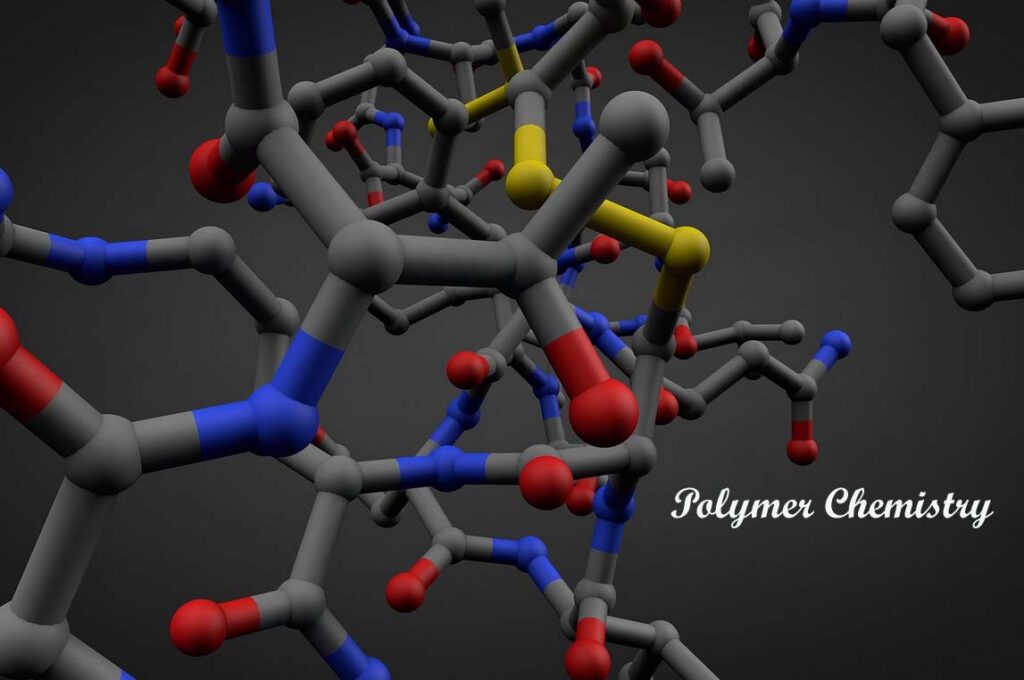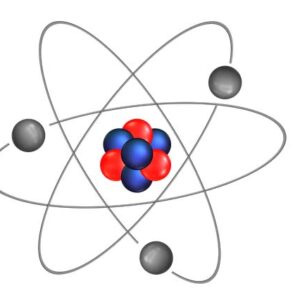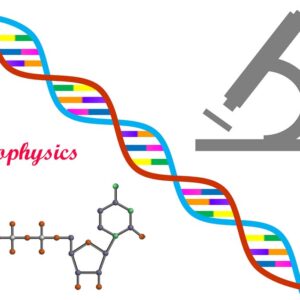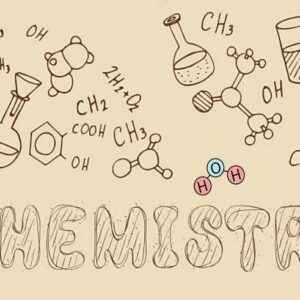
The area of science known as “polymer chemistry” studies the chemical and physical characteristics of polymers which are big molecules made up of monomeric repeating components. Plastics, textiles, adhesives and coatings are just a few examples of the diverse qualities and uses that polymers can have.
The following are some of the major topics covered in polymer chemistry:
- Synthesis: The process of creating new polymers with specific features and functionalities, involve the utilisation of processes like polymerization and copolymerization as well as chemical reactions to produce new polymer structures.
- Characterization: The examination of the structural, chemical and functional characteristics of polymers using methods like spectroscopy, microscopy and rheology.
- Processing: The study of how to shape, form and work with polymers to obtain desired qualities including the application of methods like extrusion, injection moulding and blow moulding.
- Properties: The investigation of the mechanical, electrical, thermal and optical behaviour of polymers under various situations.
- Biopolymers: Research on polymers that naturally occur in living things such as DNA, proteins and cellulose.
- Nanocomposites: The investigation of the characteristics and uses of polymers reinforced with nanoparticles.
- Polymer blends and composites: The study of polymer blends and composites including their properties and uses, involves combining several polymers or adding polymers to other materials.
- Polymer rheology: The study of how polymers behave under various situations, such as temperature and tension and how they flow and deform.
- Polymer degradation and stability: The study of polymer deterioration and stability including how exposure to light, heat and chemicals affects polymer stability, as well as the creation of methods to increase polymer stability.
- Polymer recycling: The investigation of techniques for recycling and reusing used polymers, as well as their characteristics and uses.
- Polymer surfaces and interfaces: The study of the characteristics and behaviour of polymers at the boundary between two phases, such as solid-liquid or solid-gas, is known as polymer surfaces and interfaces.
- Polymer colloids and self-assembly: The study of how polymer colloids which are liquid suspensions of polymer particles, form and have properties, as well as the application of self-assembly methods to build structures at the nano- and microscales.
- Polymer membranes and separation: This topic examines the characteristics and potential uses of polymer membranes, such as filtration and separation.
- Polymer physics: The study of a polymer’s basic physical characteristics, such as how its structure and characteristics relate to one another and how it behaves in various environments.
- Polymer spectroscopy: The study of using spectroscopic methods to examine the characteristics of polymers, such as infrared and Raman spectroscopy.
- Polymer electronics: the study of the properties and uses of the polymers used in electronic devices include organic solar cells organic light-emitting diodes (OLEDs) and organic field-effect transistors (OFETs).









